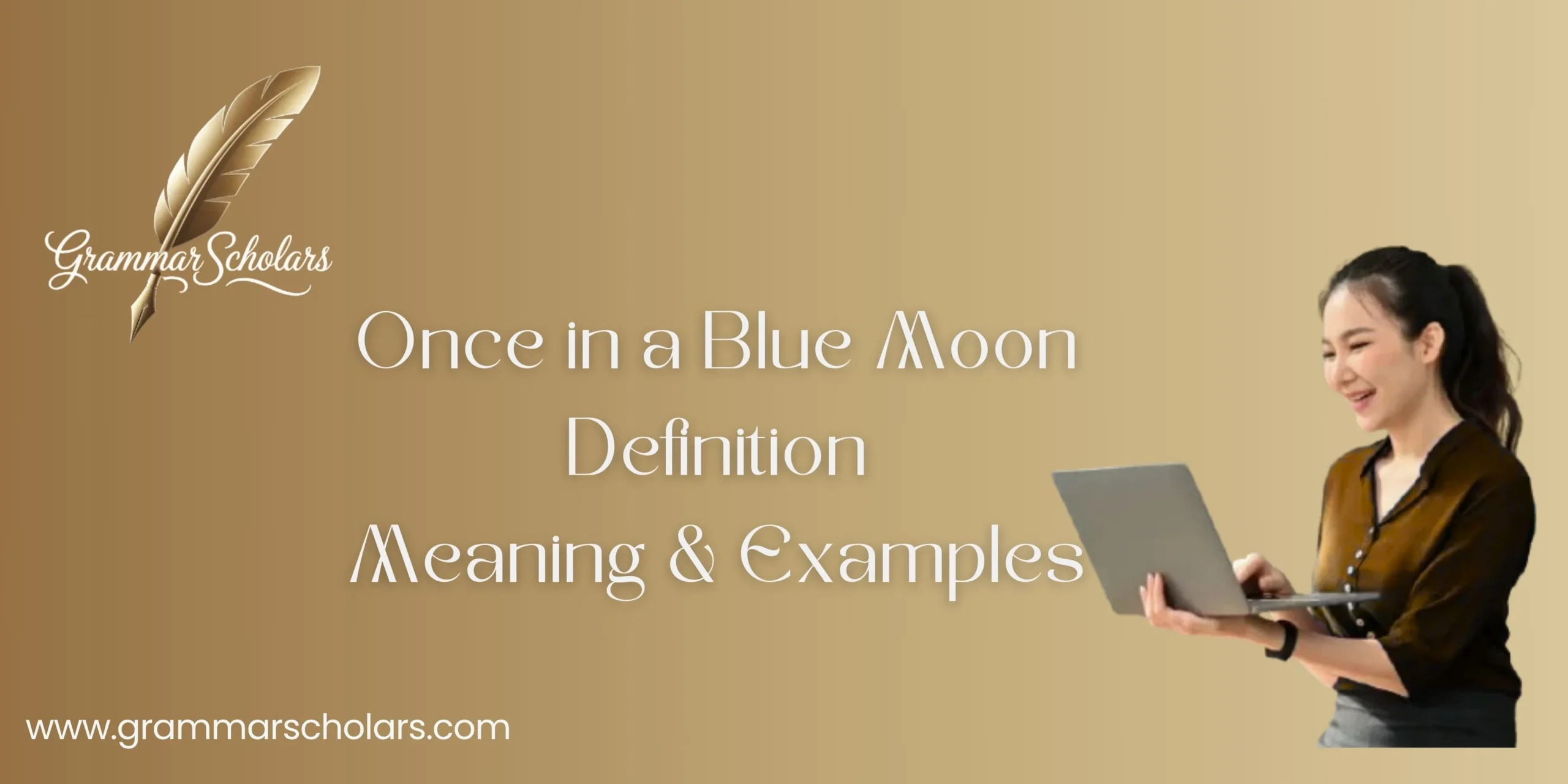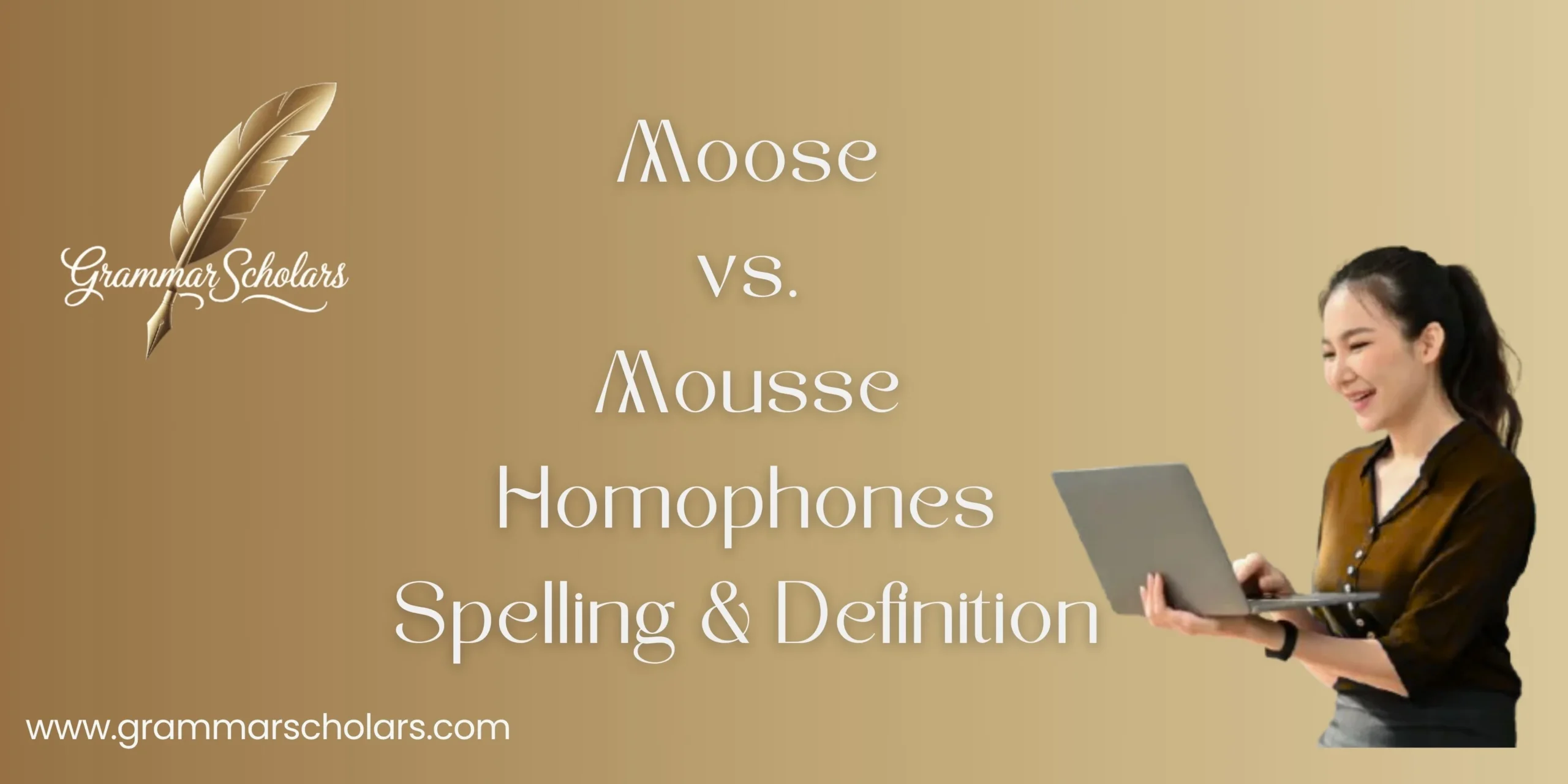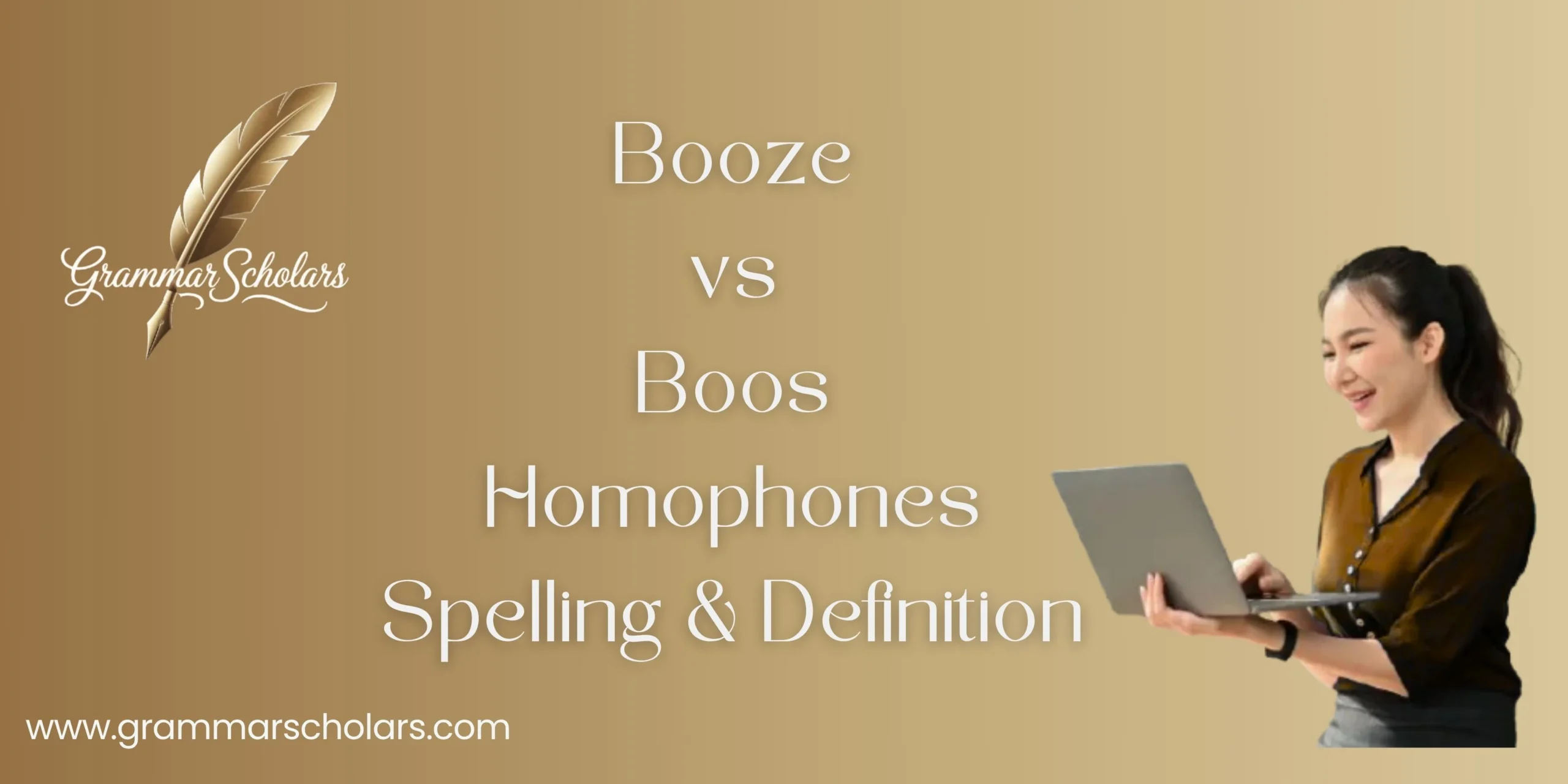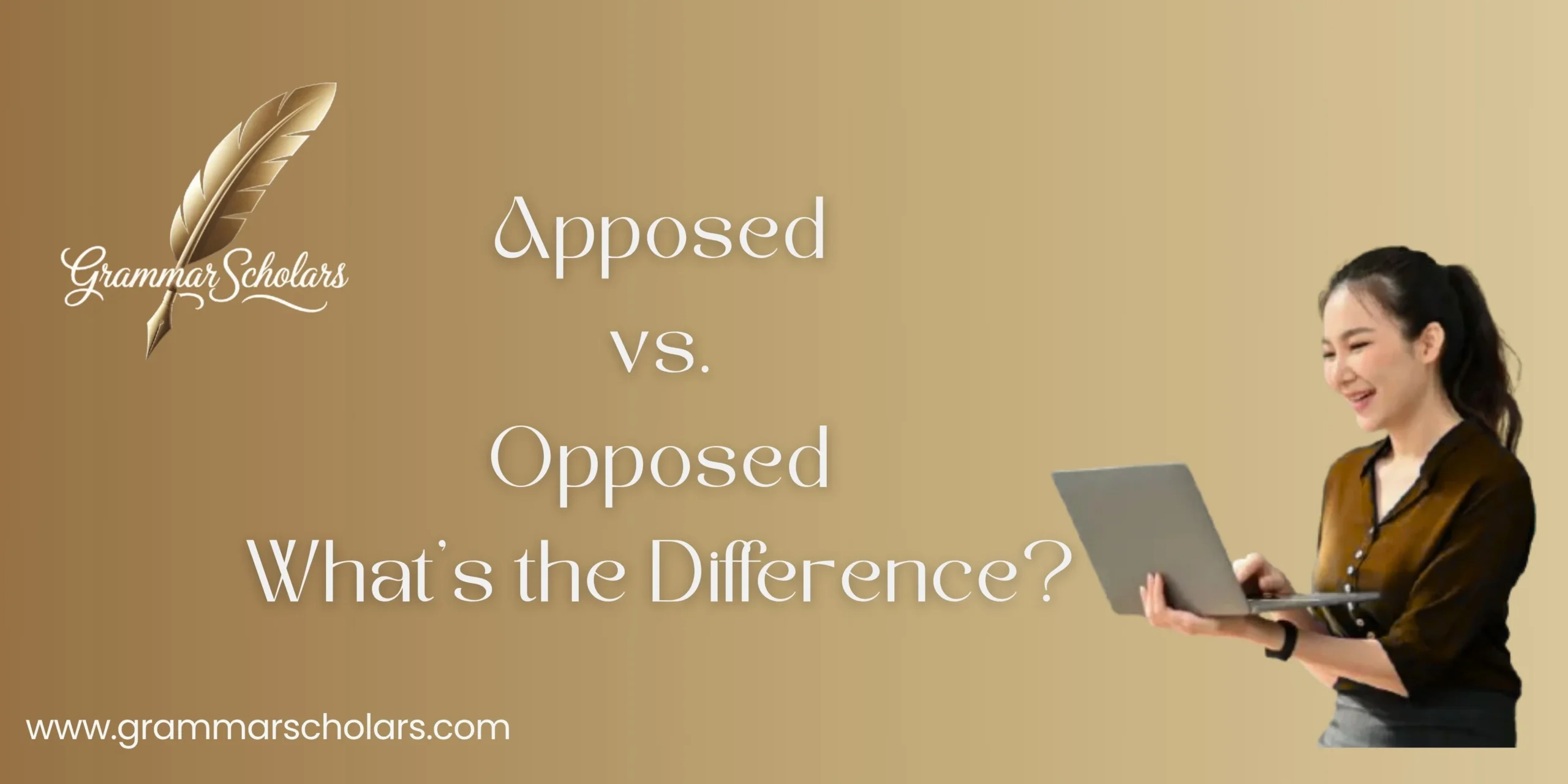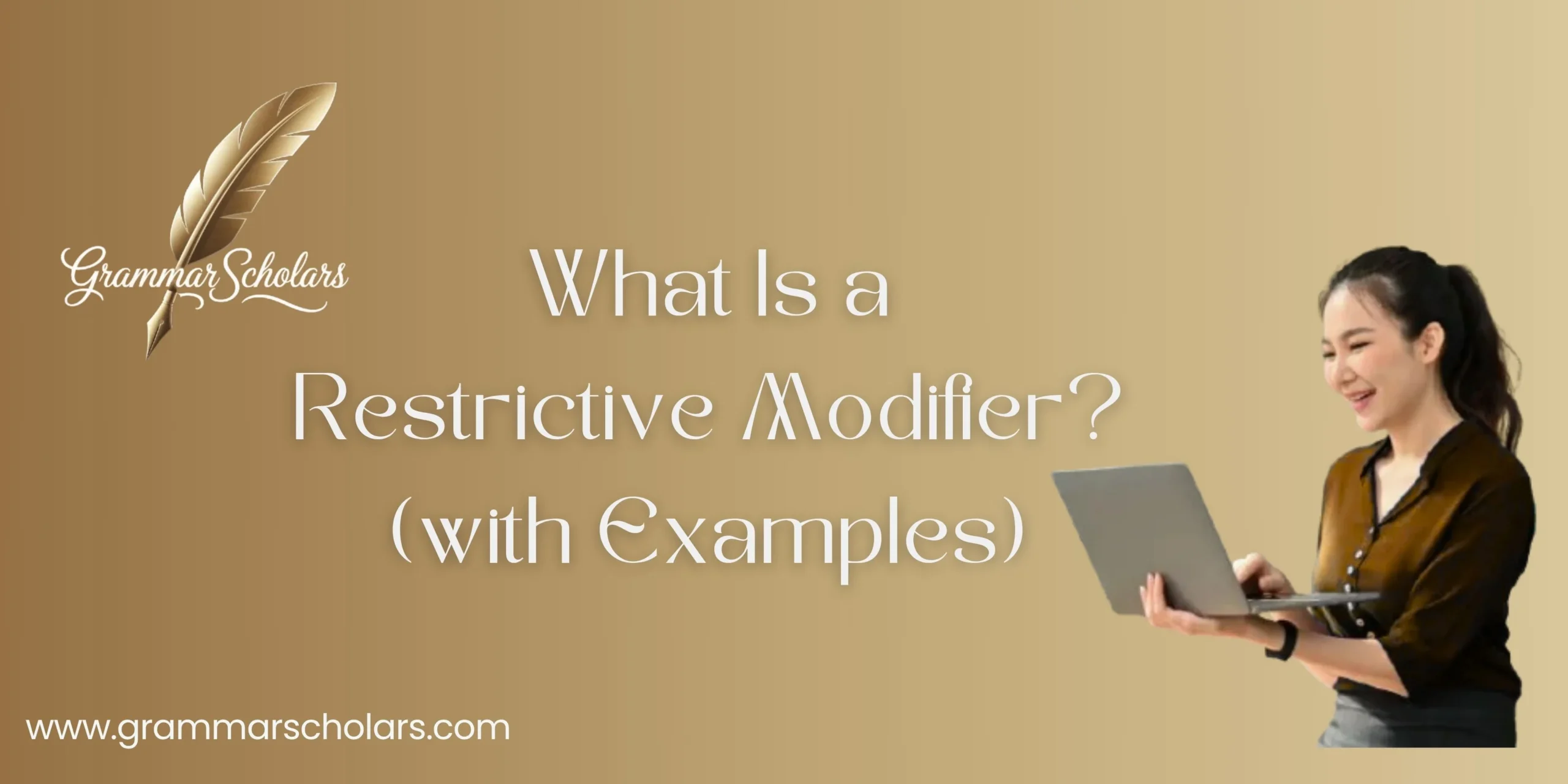Once in a Blue Moon – Definition, Meaning and Examples
The phrase once in a blue moon describes something rare, like a special event that doesn’t happen often. People use it in conversations to highlight unusual moments. The saying feels poetic and sparks curiosity about its origins and usage, making it stand out in language. This line fits perfectly for “Once in a Blue Moon … Read more
